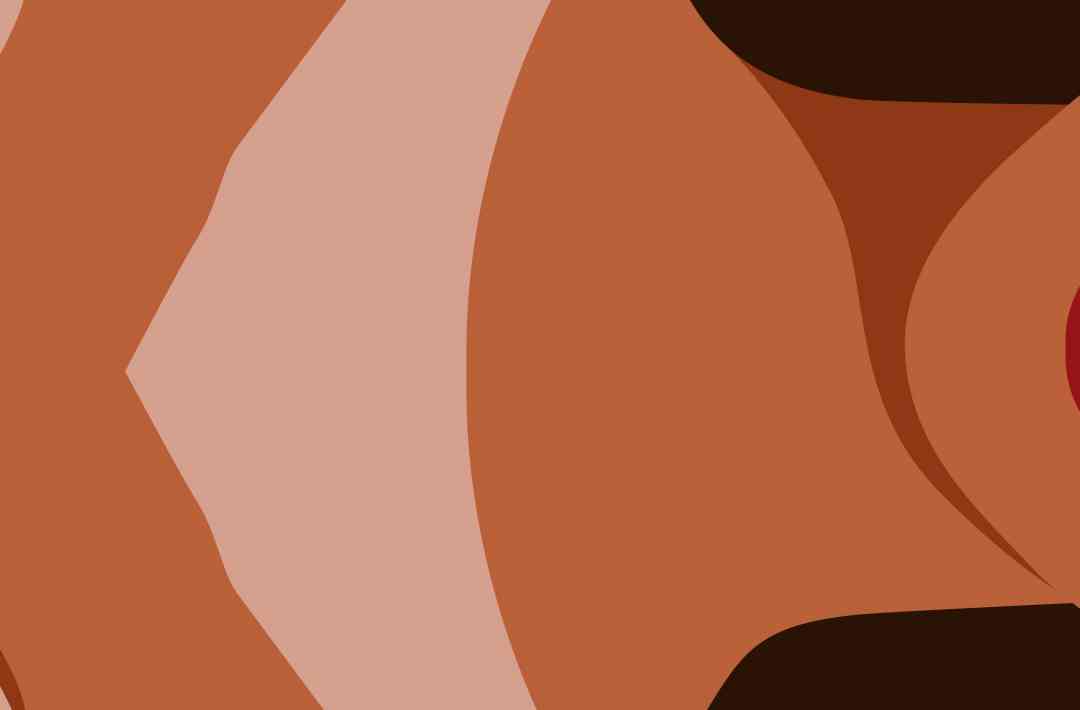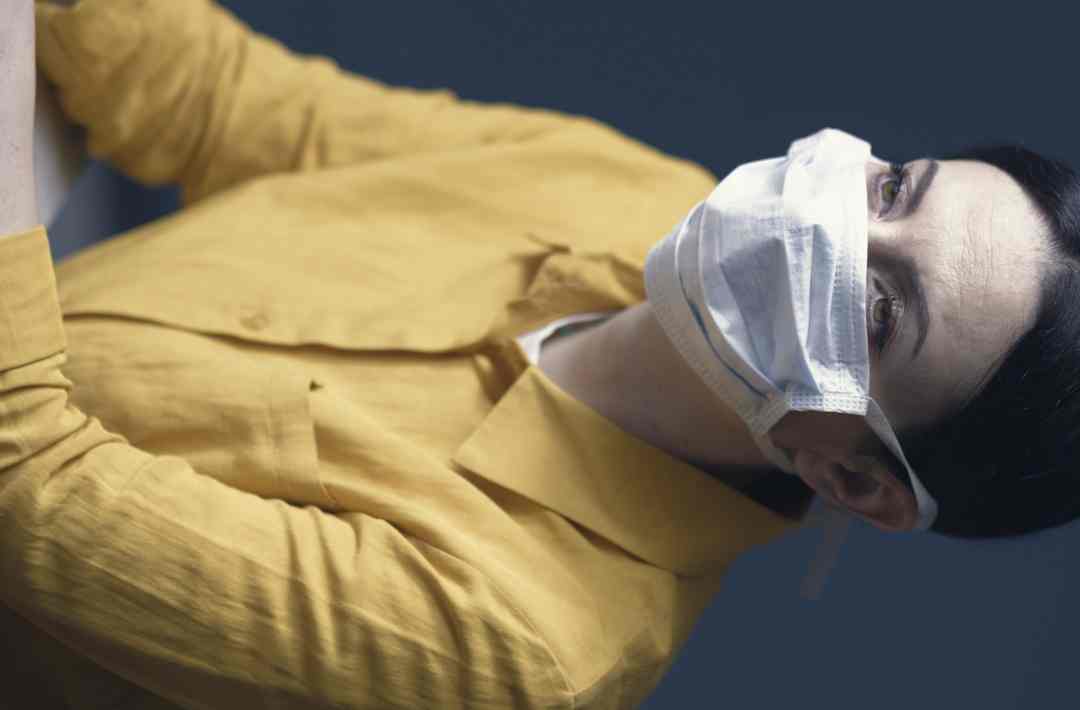When I first heard about the “please don’t weigh me” cards that swept through social media a few months back, it was like someone came through my screen and gave teenage me the most giant, “We got you, girl” hug ever. I felt so seen, so heard, and like finally somebody else got it.
Weight stigma in our society exists, and this includes within our health care system. Not only can it have direct effects on our physical and mental health outcomes, but it can also influence our care-seeking behaviors (say, by prompting us to delay or avoid care), our adherence to recommendations, our patient-provider relationship, and our trust in the medical system. So Ginny Jones, the founder of More-love.org—an organization dedicated to empowering parents “to raise kids who are free from body hate, disordered eating, and eating disorders”—created these cards for patients to take with them to the doctor’s office to request to forgo being weighed unless it was deemed medically necessary.
In some cases, yes, getting weighed might be medically necessary—say, for instance, with unexplained weight loss, children’s growth appointments, and pregnancy—though it doesn’t necessarily mean the patient needs to know that number. Plus, as virtual doctor’s appointments have confirmed, there are tons of times medical pros just don’t need that number at all. (As SELF reported previously, weight is often not a great marker of health.)
The process of getting weighed or being told the number can create an intense amount of anxiety, especially for patients with current or previous history of eating disorders or with disordered eating behaviors. It can even re-trigger the disordered behaviors.
I am one of these people.
I have spent nearly three decades purposely avoiding seeing, hearing, or knowing the numbers on the scale. At the height of my eating disorder, my self-worth, emotional state, decisions about what to consume, and literally my entire life revolved around those numbers being less than they were the last time I saw them. It was awful. I’m fortunate that it never progressed worse than that, but, still, I don’t ever want to go back to having my everything wrapped around a number.
So in order to protect my mental and physical well-being, I’ve had to be very particular about creating and upholding certain boundaries as it relates to knowing or discussing that number. When I was young, we certainly did not have don’t-weigh-me cards at our disposal. (Though if they did, I definitely would have used them!) Instead, I developed and honed my own spiel to avoid the scale or being told the number on it—maybe my tips can work for you, too.
How I set my boundaries with the scale at the doctor’s office
When I stopped weighing myself, it was me making a decision to never again let the scale imbalance my whole being. But it wasn’t easy, and the doctor’s office was one of the most challenging places for me to maintain this boundary. Medical professionals exist in a position of power, and, well, it’s especially difficult for young, not-so-confident people to challenge this authority. (Plus, the effects of weight stigma, fatphobia, and obsession with diet culture were not as well-known as they are now.)
Here’s what I do to set and maintain my boundaries:
- Make a notation in paperwork: I always write “N/A” in the space that asks for weight and often make a note right there about not wanting to be weighed.
- Bring up the issue early in the appointment: Let the nurse, physician assistant, or doctor (or all of the above!) know you don’t want to be weighed early in your interactions—say, as you’re being walked back to the room or the minute they begin to look over your chart. Ask if it’s medically necessary for them to know your weight. If you feel up to it, you can explain why you don’t want to know this number.
- Keep the number out of sight: If getting weighed is medically necessary, ask to turn around on the scale so you don’t see the number, and for them not to read it out loud. Also ask them not to write it where you’ll see it, such as on their clipboard or a computer facing you.
- Ask to make future documentation: You can tell your nurse, physician assistant, or doctor to note in your chart that you don’t want to know or discuss your weight or talk about anything weight- or diet-related in your appointments unless it’s a food sensitivity, allergy, intolerance, or specifically related to blood work.
Most Popular
- 5 Less Obvious Signs of Seasonal Depression You Should Definitely Pay Attention To
By Maggie O’Neill
- 42 Creative Valentine’s Day Gifts for Guys
By Sarah Madaus
- Just Some Fun Sex Toys You and Your Partner Will Love
By Gabrielle Kassel
While I have this spiel down, it doesn’t necessarily mean that it’s taken away my anxiety regarding it. No matter how many times I’ve given these requests, it still makes me slightly anxious every damn time. Would it be a big deal to them? Would they make me explain? Were they going to get mad at me? Would they make me feel even worse than knowing my weight would? Or, even worse, would they ignore me and tell me anyway? I’ve pretty much gotten every reaction—so learning how to deal with it has become vital.
How I deal with pushback for my don’t-weigh-me boundary
Over the years, I’ve heard laughs and scoffs, seen eye rolls and smirks, and been told everything from, “Sure, no problem” to, “Oh, but you don’t have anything to worry about” to, “But we have to weigh you.”
One recent experience in particular would have rocked my teenage self to the core. At a periodontist appointment discussing gum grafting, the dentist asked my weight while I was lying back in the chair. It completely caught me off guard. I gave him my spiel, and even told him if he had to guess my weight (they didn’t have scales in the office), to please not tell me or write it down where I could see it. He looked me up and down, took a guess, and prominently wrote the number right on the top of the page, right in my line of vision. Boundaries crossed.
So how do you eliminate this pushback? The real answer: You don’t, but you do get better at managing it. After years of doing this, I not only gained confidence in asking for what I need but also in holding firm to it. At 44 years old, I am adamant AF about it. Here’s how I manage some of the pushback:
- Remind yourself that this is important to you: Take a deep breath, and remember why you chose to set this boundary in the first place. You and your mental and physical health are worth the social discomfort that may come about because of it.
- Remember you are allowed to set boundaries: Yes, even with people in positions of authority. The hard truth is that the medical system already makes advocating for yourself more challenging for certain populations, whether due to race, gender identity, religion, education, sexuality, or class. That just makes it more important for the rest of us to work toward normalizing asking for what we need when it comes to our own health. Which leads me to…
- Know that putting in the work now is helping others later: Setting this boundary makes it that much easier on the next person who might not be as confident in setting their own. I think about this constantly. If I can help educate the doctors or nurses to be a bit more considerate about this practice, it might make the process a little less anxiety-provoking for another patient, especially those who may not have the privilege I do.
- Consider engaging in a deeper conversation with the practitioners involved. Sometimes it takes a deep explanation of what an eating disorder is, your personal experience, how it controls your life, or what the outcomes of it could be for someone who has never known anyone who has dealt with it. If you feel up to it and ready to exert the mental energy to explain this, it could be helpful, but it’s not something you have to do if the stress of it outweighs the benefits!
- Consider changing doctors or offices: Of course, this can be easier said than done, but if you have health insurance that allows you to do so, you may want to try out other options. Before switching offices altogether, you can also just try setting an appointment for a different day/time to be matched with a different set of professionals.
- Have a plan in place to take care of YOU after your appointment. Whether things go well or not, knowing that you are going to do something that supports your mental and/or physical well-being after your appointment to help alleviate any potential stress is incredibly helpful. Talking to a friend who gets it, going for a walk, writing or journaling, meditation, etc. This is extra helpful in cases when you are taken off guard, like me at the dentist!
Most Popular
- 5 Less Obvious Signs of Seasonal Depression You Should Definitely Pay Attention To
By Maggie O’Neill
- 42 Creative Valentine’s Day Gifts for Guys
By Sarah Madaus
- Just Some Fun Sex Toys You and Your Partner Will Love
By Gabrielle Kassel
While I keep all of these tips in mind to help me maintain this boundary, I’d be lying if I said it was always super easy for me now. It’s not, especially if something happens that throws me off routine. As anyone with anxiety knows, it’s the unpredictables that really throw you off course.
But still, the fact that more and more people are enacting their own form of these boundaries definitely connotes movement in the right direction in combating this stigma. The fact that these don’t-weigh-me cards now exist feels like a giant hug to teenage me, and I can imagine also to many who are just beginning on their boundary-setting journey. But even more, it just makes current-day me so incredibly happy that we are taking some steps to protect those who experience triggers, anxiety, stigma, and biased care surrounding weight and being weighed. While there are definitely far more steps we can take upstream regarding medical professionals in terms of bias and stigma in care, for the patient side, this is huge.


